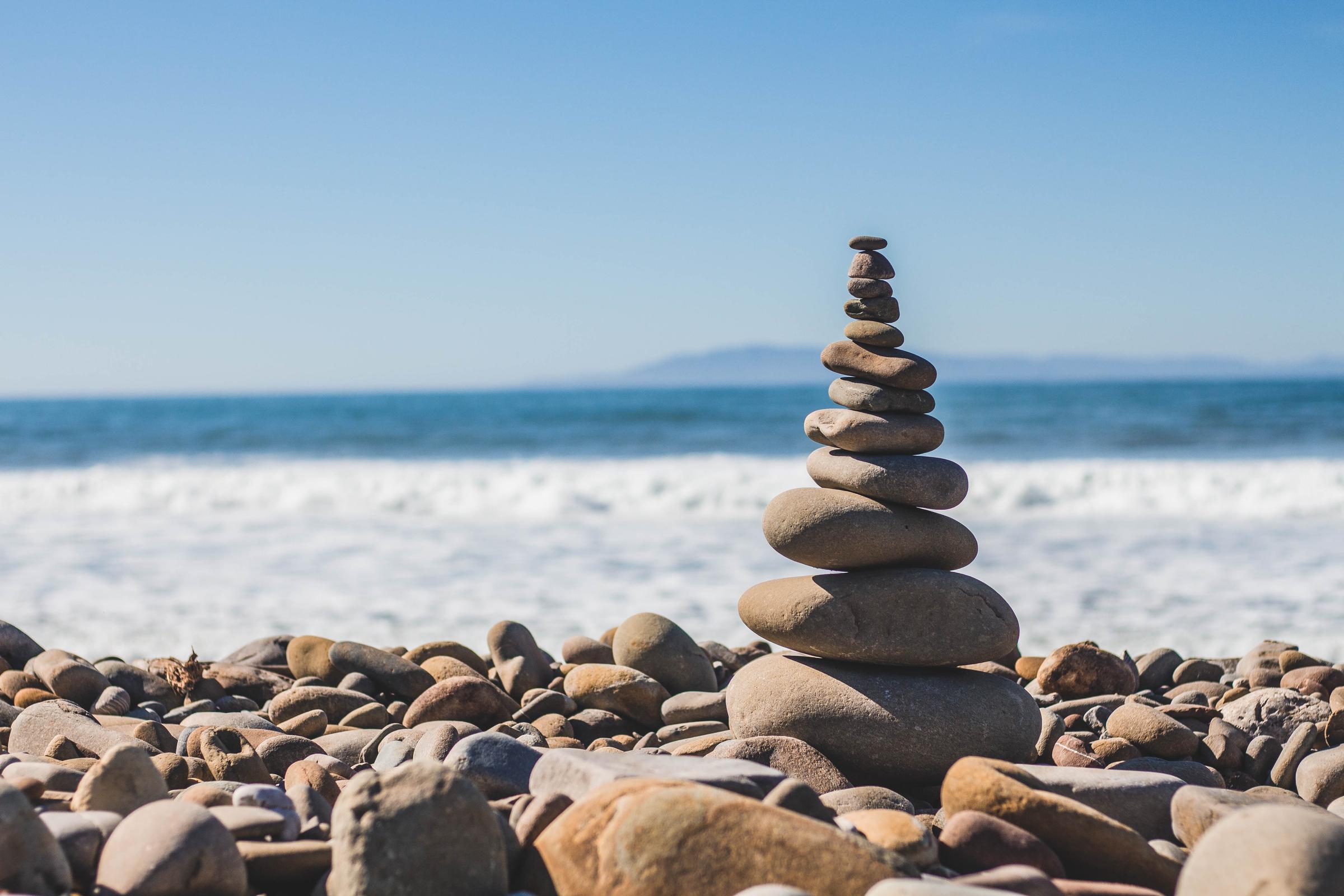CHAPLAINCY

“Fatigue makes cowards of us all.”
Gen. George S. Patton, U.S. Army commander, WWII.
General Patton, a famous Army commander during WWII who oversaw troops as they fought through the Mediterranean, is said to have used this phrase to spur his troops onward towards peak readiness and physical conditioning, while being a reminder to balance activity with the necessary recovery. Modern research verifies this motto, and we can find many circumstances where balancing readiness and recovery is relevant to our daily wellbeing.
As we settle back into the routine stresses of school, work, sports, schedule changes, social conflicts, and the stress of balancing responsibilities it’s important to remember the little changes that can make a big difference to our wellbeing and the wellbeing of our students. Equally as important as productivity, which draws away our resources and helps increase resilience, is the rest that allows us to replenish those resources, heal,
and grow stronger for our efforts.
Tips for supporting recovery for yourself and your students’ recovery – Sleep:
- Establish a sleep hygiene routine:
- Start by having a bedtime ritual by choosing a general time to begin, turning off devices, silencing phones, having a shower, brushing your teeth, changing into pyjamas, nestling into the blankets, and waiting for your body to naturally fall asleep. Give your body a few weeks of grace to settle into the new routine, your brain will catch up, but it takes time.
- Aim for 7-9 hours of sleep per night: start with the time that you must wake up, and count backwards 7-9 hours from there to determine the time you need to be asleep. You’ll want to allow an hour or so for your sleep hygiene routine. (i.e. Wake up time 7am, so must be asleep between 10-12pm, so I’ll begin my routine between 9-11pm.)
- If sleep is a struggle for you or your students, choose one small, achievable change at a time and work towards a full routine over the course of several months or longer if necessary.
- Use white noise or brown noise, weighted blankets, hot water bottles, essential oil diffusers, or anything else that you find comforting. Using these at bedtime will allow your brain to associate them with sleep and over time will signal the production of sleep hormones.
- If you struggle after a few weeks, talk to your doctor about options for supporting your sleep hygiene.
- Perfection is not the goal, just overall consistency. If you miss a night or a week, that’s okay, just do your best and try again. Long term, this will improve your quality of life, physical and mental health.
“Sleep strengthens your heart, helps regulate your metabolism (blood sugar), reduces stress levels, decreases inflammation, helps you maintain a healthy weight, improves your balance, increases your energy and alertness, improves your memory, boosts your executive functioning (problem solving, planning, and decision-making), repairs your damaged tissues.” (Paraphrased) - Mark Stibich, PhD, Very Well Health. (https://www.verywellhealth.com/top-health-benefits-of-a-good-nights-sleep-2223766)
